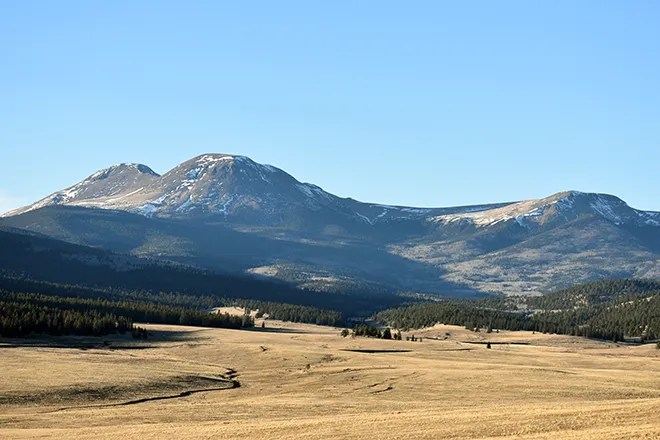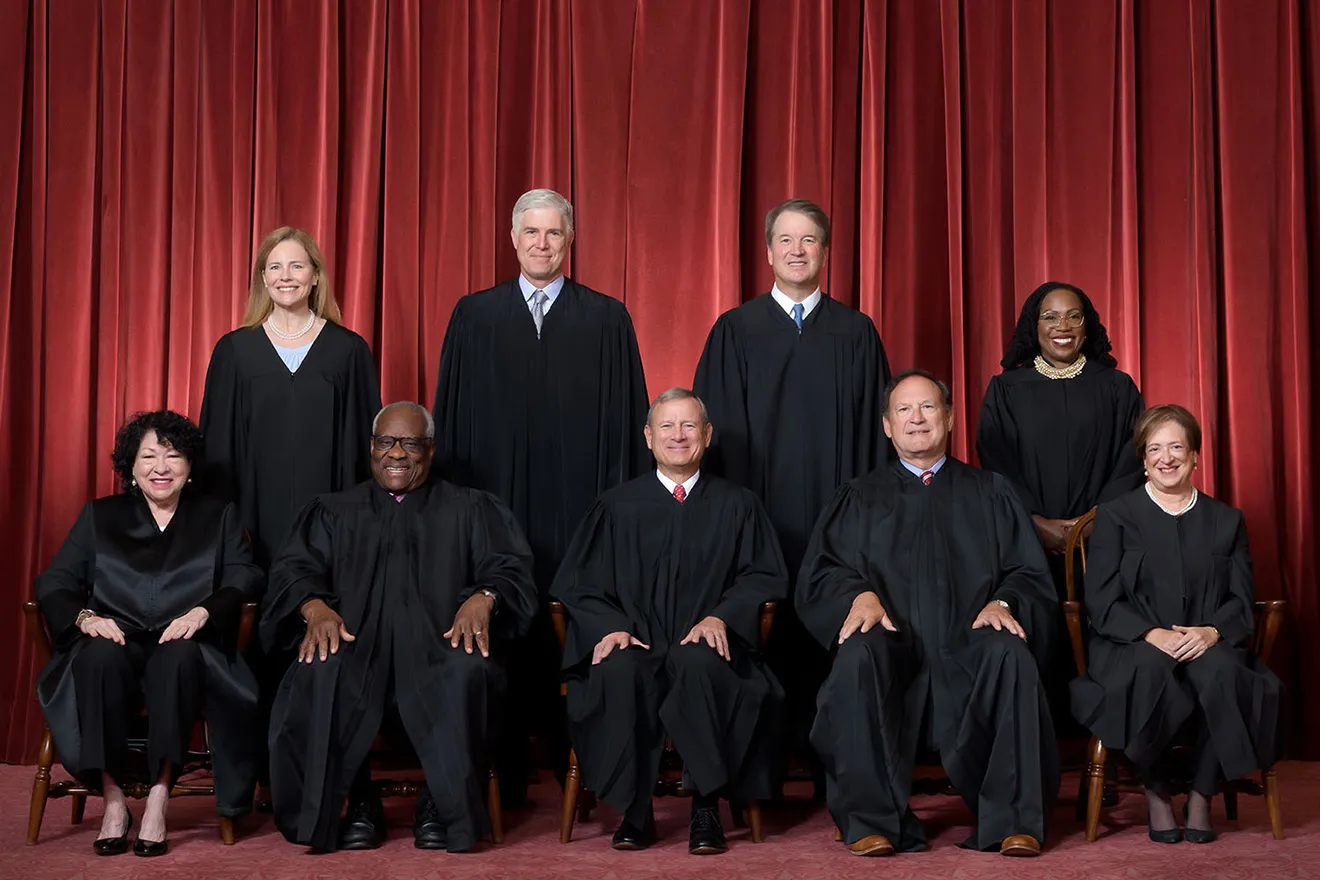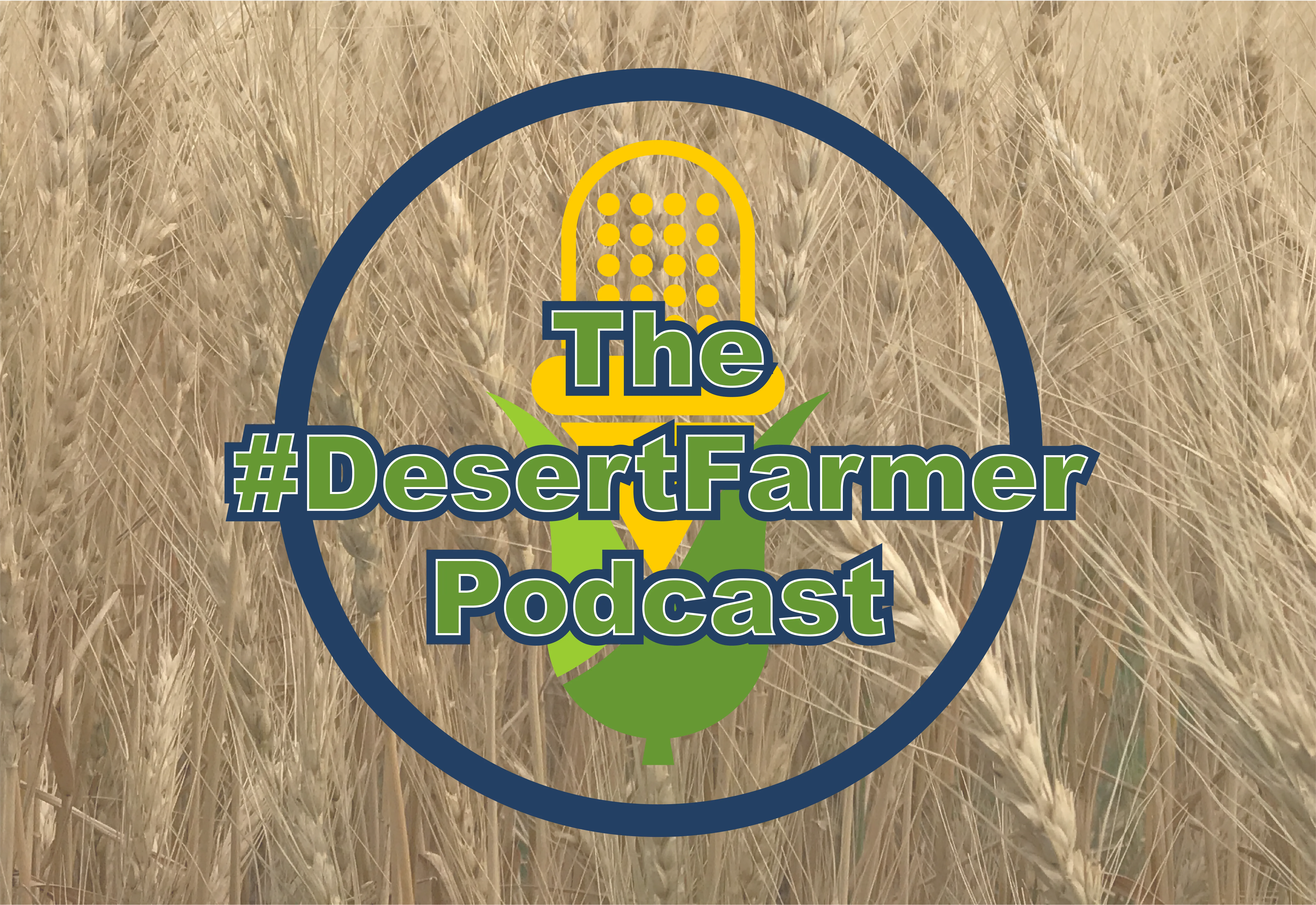
Biomass company bankruptcy filing shows industry’s instability
Click play to listen to this article.
(Virgina News Connection) Biomass producer Enviva's recent bankruptcy filing is being considered a sign of the industry's volatility.
Recent financial challenges have hampered the world's largest biomass producer but some feel it has been a long time coming. Studies show biomass companies rely heavily on government subsidies stemming from biomass' status in some states and countries as a clean renewable resource.
Heather Hillaker, senior attorney for the Southern Environmental Law Center, said it is not the case.

© iStock
"The use of the wood pellets to generate energy emits a large quantity of carbon dioxide but it is assumed to be carbon-neutral because at some point the trees will regrow and they will reabsorb the carbon that's emitted," Hillaker explained. "What that fails to consider is the time lag, the carbon debt period, as it's referred to."
A 2023 study finds biomass facility emissions are almost three times higher than other fossil-fuel energies. While Enviva has been allowed to restructure, Hillaker noted it could have ripple effects for the biomass industry.
Despite its challenges, biomass remains one of many energy sources in Virginia Governor Glenn Youngkin's All of the Above Energy Plan. Amendments have been approved to keep biomass plants open as the state works toward its 2050 carbon-neutral goals.
Along with environmental impacts, biomass can be detrimental to human health. The World Health Organization found indoor air pollution from biomass is a top risk for the global burden of disease.
Hillaker pointed out biomass facilities create large amounts of fugitive dust in often overburdened environmental justice communities.
"Fugitive dust is really just particulate matter," Hillaker said. "But it's particulate matter that doesn't come out of a stack, really. It kind of wafts off of the facility. Oftentimes for wood pellet mills, it's woody debris coming off the facility in the breeze or in the wind."
She added the dust keeps people from being able to open their windows or having large dust accumulations gather in air filters. People living in close range of biomass facilities could face health effects such as asthma or cardiovascular disease.

















